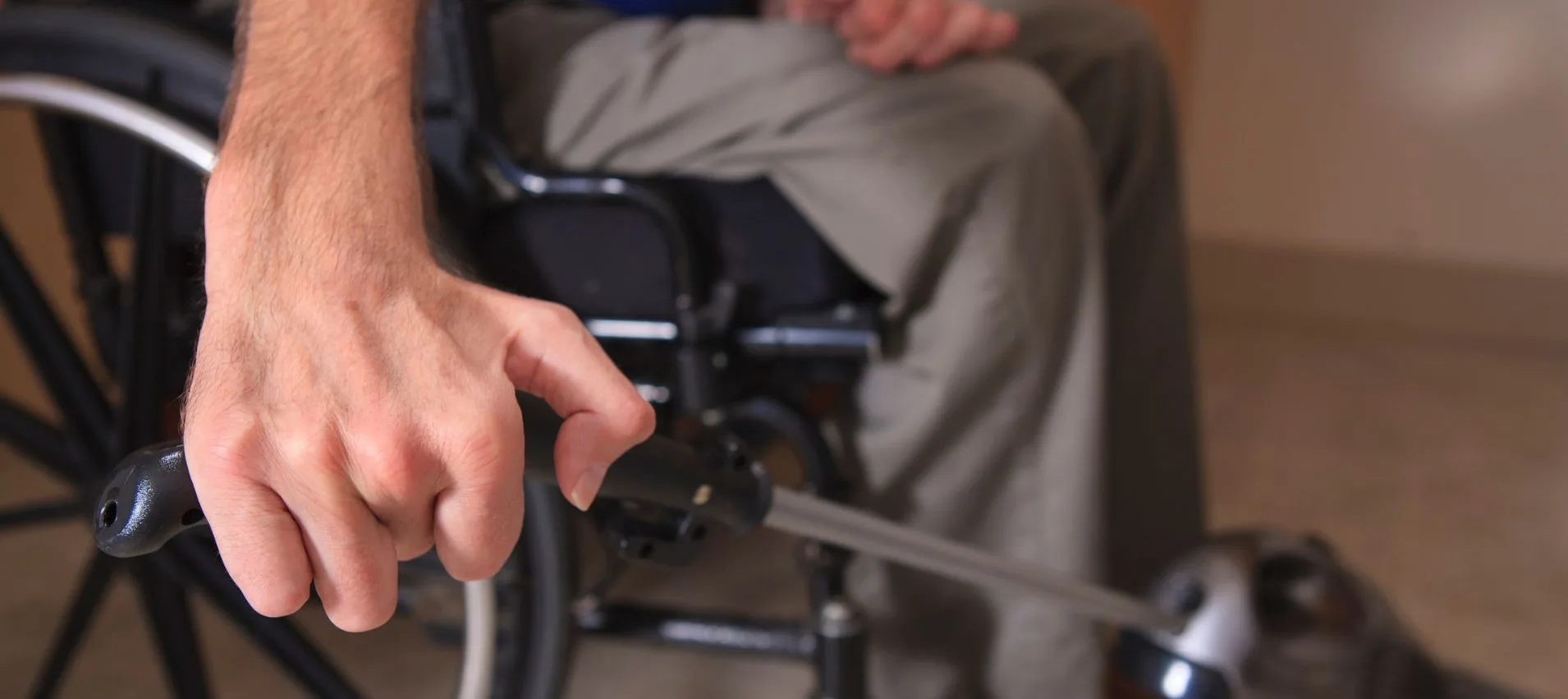
Ataxia is a neurological condition that affects coordination, balance, and speech. It is caused by damage to the cerebellum—the part of the brain responsible for fine-tuning movement. People with ataxia may appear clumsy or unsteady and may have trouble walking, using their hands, speaking clearly, or swallowing.
Ataxia can be:
- Acquired – due to injury, stroke, multiple sclerosis, infections, tumors, or vitamin deficiencies.
- Genetic – inherited conditions like Friedreich’s ataxia or spinocerebellar ataxia.
- Idiopathic – no clear cause identified, often referred to as sporadic or late-onset ataxia.
Common Symptoms of Ataxia
- Unsteady gait or difficulty walking
- Poor coordination in hands or legs
- Slurred speech (dysarthria)
- Trouble with fine motor tasks (e.g., writing, buttoning)
- Tremors or shaking
- Difficulty with eye movements
- Swallowing difficulties (dysphagia)
Diagnosis
At NeuroMotion Telehealth, our ataxia diagnosis process may include:
- Neurological Evaluation: A full examination of balance, coordination, reflexes, eye movements, and speech.
- Imaging: MRI of the brain to look for cerebellar damage, tumors, or strokes.
- Blood Tests: To check for vitamin deficiencies, thyroid function, autoimmune markers, or infections.
- Genetic Testing (referred out): If hereditary ataxia is suspected.
- Lumbar Puncture (referred out): To evaluate cerebrospinal fluid for inflammation or infection (in selected cases).
- Video or Virtual Gait Analysis: Using telehealth video consultations to observe walking and motor symptoms.
Treatment Options
While ataxia cannot always be cured, symptoms can often be managed. Treatment depends on the cause:
Treat the Underlying Cause
- Vitamin deficiency: Replace B12, E, or thiamine.
- Autoimmune ataxia: Immunotherapy (steroids, IVIG).
- Infections: Antiviral or antibiotic treatment.
Symptom Management
- Physical Therapy: To improve strength, balance, and coordination.
- Occupational Therapy: Helps with daily tasks and adaptive tools.
- Speech Therapy: Supports speech clarity and swallowing.
- Mobility Aids: Canes, walkers, or wheelchairs as needed.
Medications
- For associated symptoms such as tremors, muscle stiffness, or spasticity.
- Some patients benefit from off-label use of drugs like amantadine or buspirone.
Living with Ataxia
Living well with ataxia means building a strong support team.
At NeuroMotion, we provide:
- Access to movement disorder specialists
- Individualized care plans
- Virtual physical and speech therapy referrals
- Education on adaptive tools and home safety
- Resources for genetic counseling and support groups
Let's Move Forward Together
If you or a loved one is experiencing symptoms of ataxia, reach out to our experienced team. We’re here to support you with expert telehealth care—no matter where you live.
